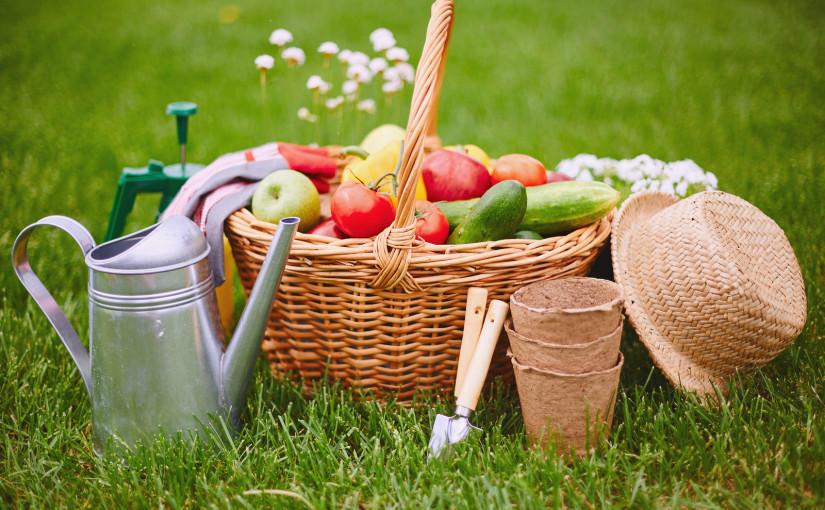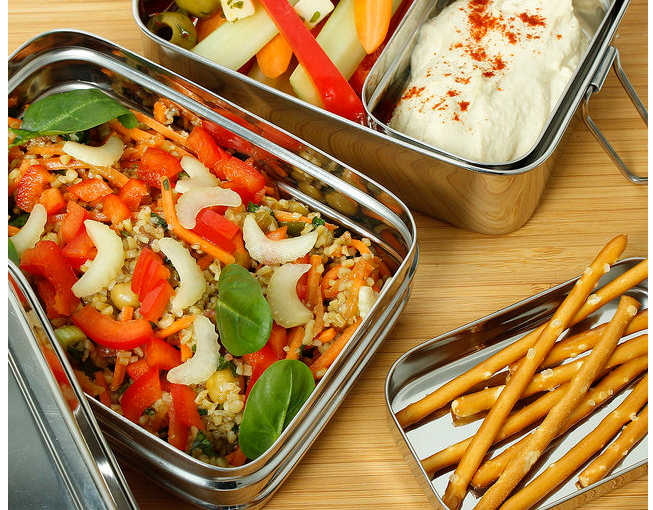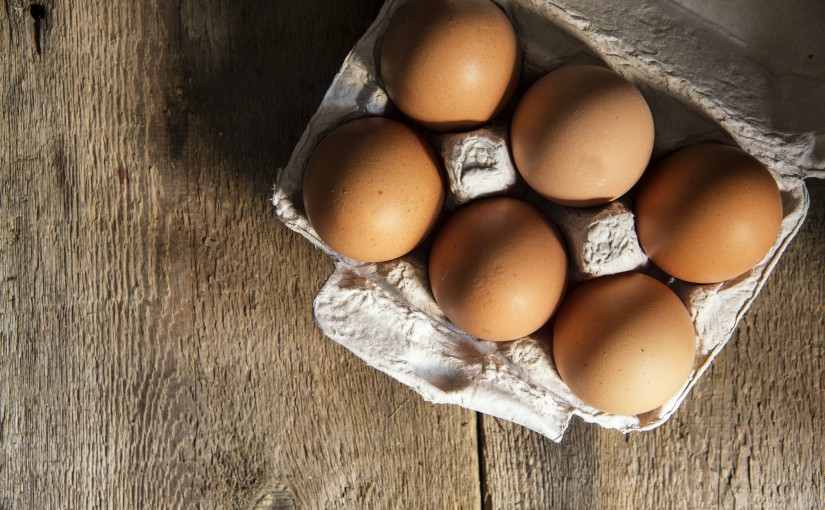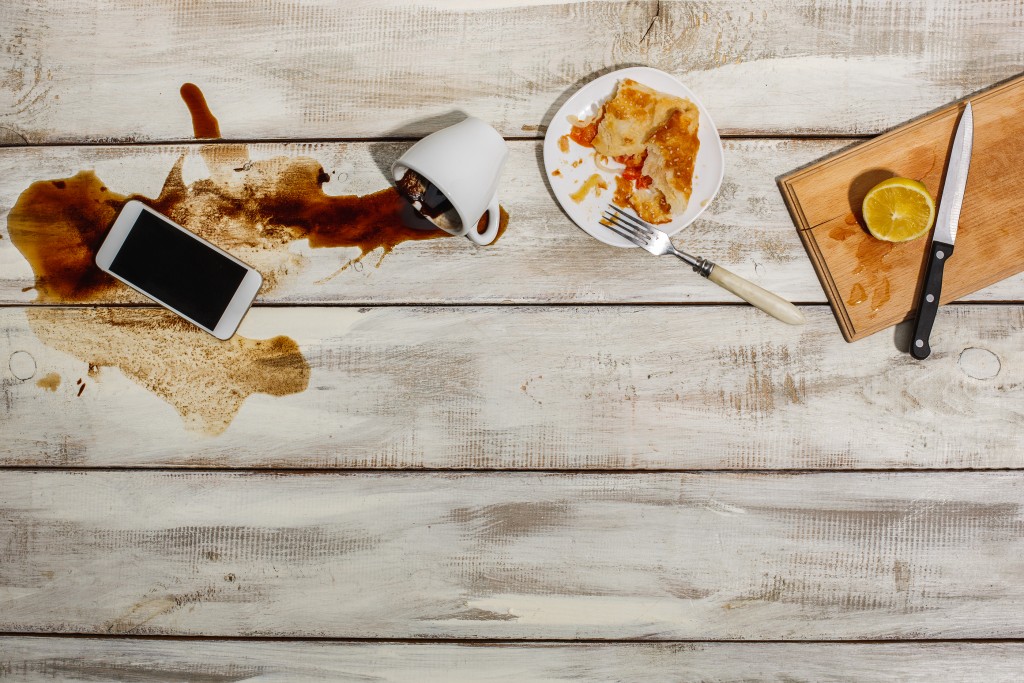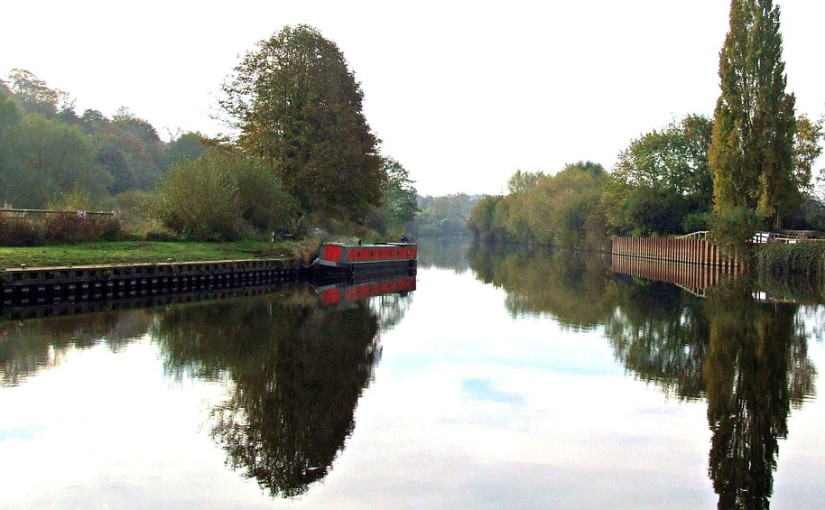When thinking about a Zero Waste lifestyle, we often consider what we do inside our homes but we should also consider our outdoor space, and what we can do in our garden to reduce or eliminate waste too. Below we have compiled a list of tips for cultivating a Zero Waste green space you and your family can enjoy for a lifetime.
Make compost
Save money, reduce packaging waste, eliminate your food waste at home, and know exactly what you’re putting on your garden and into the environment by making your own compost. Don’t know where to start? Our handy Guide to Composting will explain all. Continue reading 10 Zero Waste garden tips
